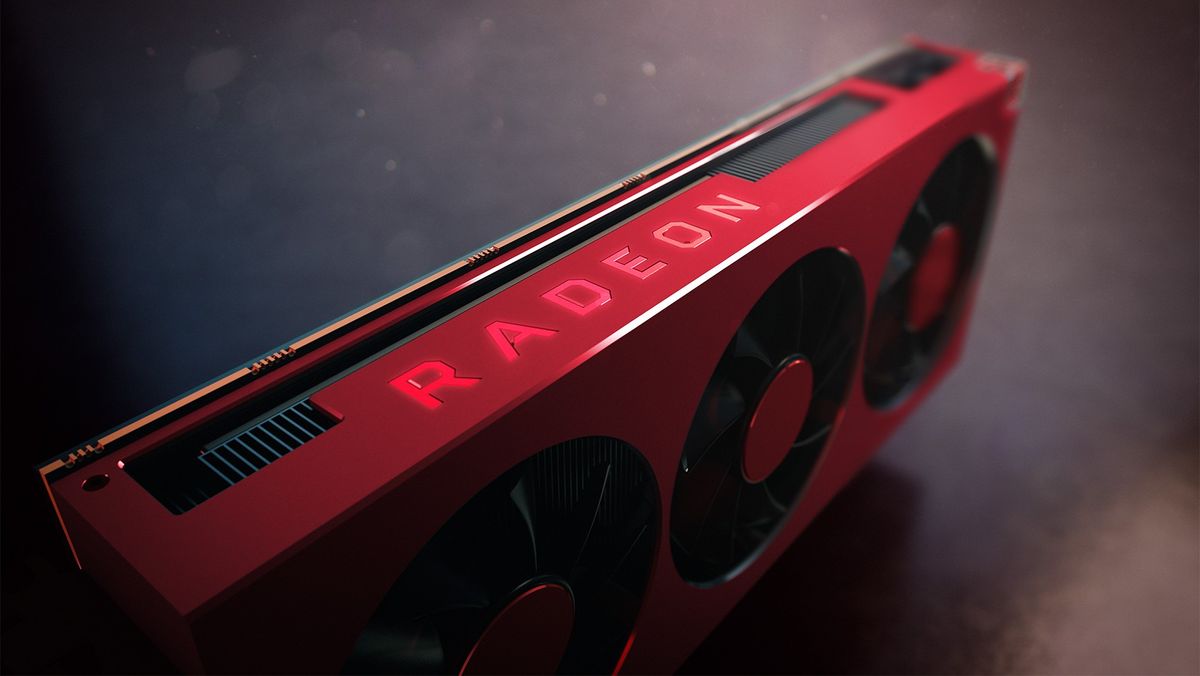AMD has confirmed that it’s “on track” to release its long-awaited Zen 3 CPUs and RDNA 2 graphics cards in “late 2020”.
Speaking on the firm’s earnings call on Tuesday, AMD CEO Lisa Su confirmed the launch 2020 timescale, though failed to share an exact release window. However, “late 2020” fits with the rumors that the first Ryzen 4000 desktop CPUs will launch in September, followed by RDNA 2 graphics cards in October or November.
On the CPU side of things, AMD’s Zen 3 “Vermeer” processors will be built using TSMC’s improved 7nm+ architecture and are expected to deliver a significant step up over the company’s current Zen 2 CPUs, with 10-15% IPC gains, faster clocks, and higher core counts.
Perhaps more interesting, RDNA 2, or ‘Big Navi’, paves the way for the first AMD graphics cards to come with support for real-time ray tracing as Team Red looks to take on Nvidia’s top-end Turing GPUs.
Ray tracing for some
However, according to a new tidbit of information via the PTT Forums and spotted by Wccftech, only flagship variants of AMD’s RDNA 2 GPUs will feature ray tracing support.
Apparently, the feature will be reserved for AMD’s high-end and enthusiast-grade Navi 2X GPUs, as the firm’s lower-end and more mainstream options won’t have the capacity to support hardware-level ray tracing to run the feature at an optimal frame rate.
This is hardly surprising, given Nvidia first debuted its ray-tracing chops on its higher-end graphics cards. Like Team Green, AMD is also reportedly planning to split its RDNA 2 GPUs into two categories: one with ray tracing branding, and the other without.
The PTT forums post also suggests that AMD’s ‘Big Navi’ GPUs could be twice as powerful as the RX 5700 XT. The so-called Radeon RX 5950 XT, which looks set to be Team Red’s flagship GPU, will reportedly feature a die size of 505²mm, compared to the RX 5700 XT’s 251mm² die. This means the GPU could, at least in theory, double the number of compute units from 40 to 80 CUs.
While AMD didn’t spill any more details about the incoming GPUs on Tuesday’s call, it has previously boasted that RDNA 2 brings with it a 50% improvement in performance per Watt compared to the original RDNA architecture.
Via TechPowerUp




